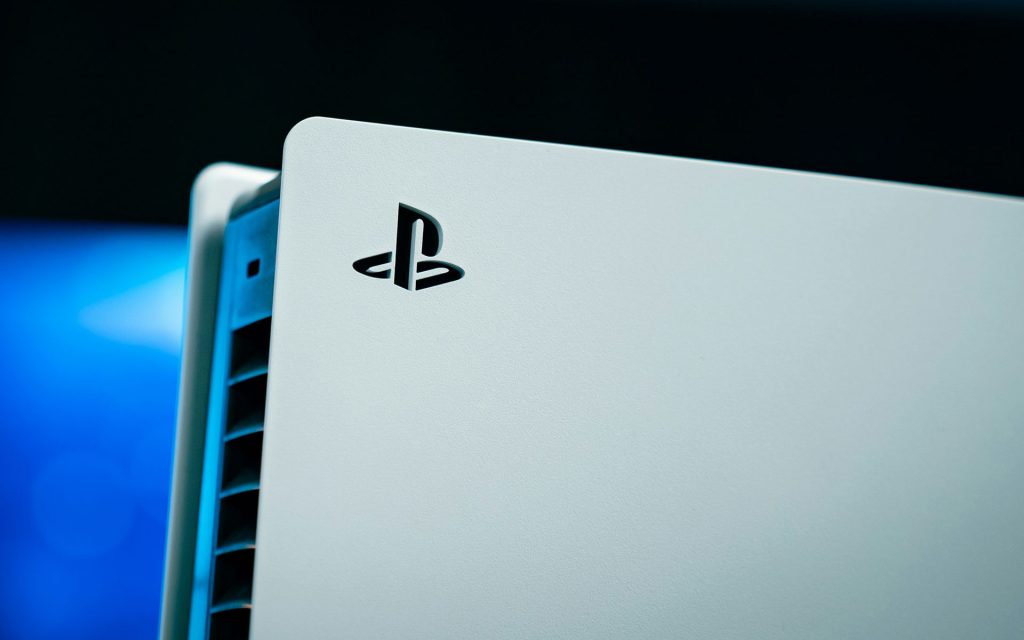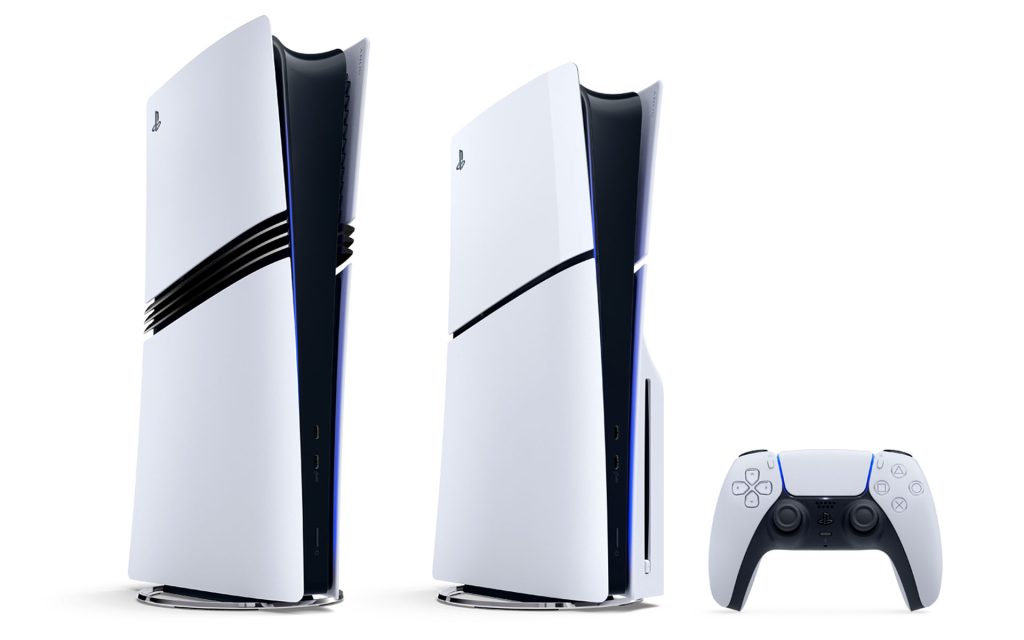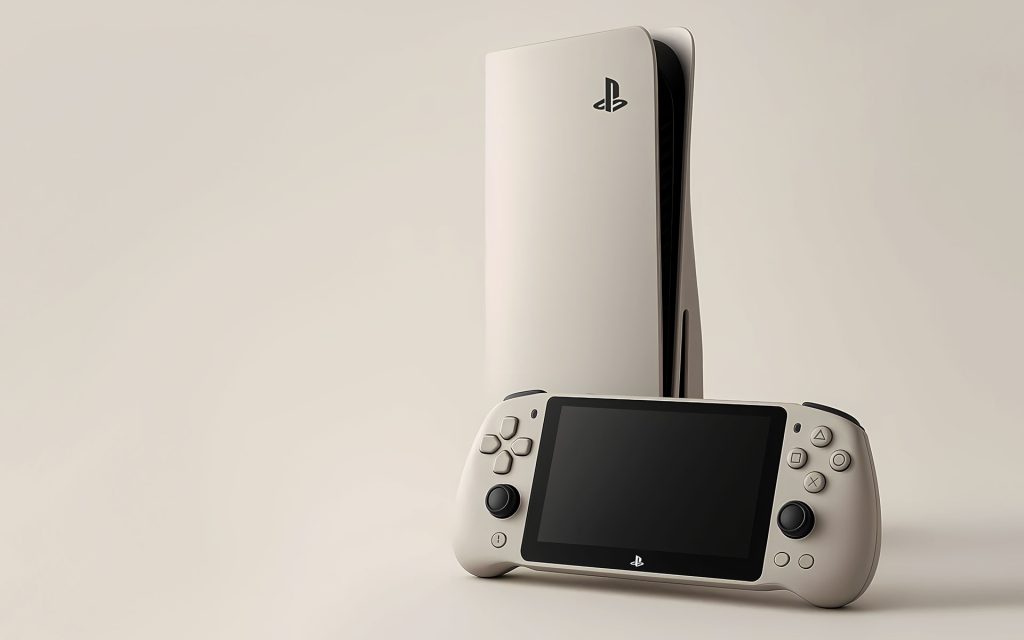PlayStation5 worldwide shipments cross the 80 million mark
Sony’s gaming console continues to dominate the current market, but the company is getting ready for major changes going forward
KOSTAS FARKONAS
PublishED: August 8, 2025

Surprising absolutely nobody at this point, the PlayStation5 seems to have had another successful quarter that helped it reach a new milestone: according to Sony’s just-published financial results (PDF), its home console managed to ship another 2.5 million units between April 1st and June 30th, surpassing the mark of 80 million units shipped almost at the same point in time the PS4 did. Units shipped is not the same as units sold – VGChartz puts the PS5’s user base at 77.41 million at the time of writing – but the uptick in sell-in numbers definitely translated to an uptick in sell-through numbers too.
The PS5 seems to have had a quite good first half of the year in general when it comes to units shipped and sold, as it had only reached the 75 million mark over the past holiday season. The additional 5 million units appear to be the inevitable result of Sony’s system currently dominating the home console market – the Xbox has not offered any meaningful competition as a platform for years now – as there were no major PlayStation exclusive releases to boost sales until well into June (when Death Stranding 2 launched).

Despite the fact that the PS5 has now sold through a couple of million fewer units than the PS4 had at the same point in time, the former has been more successful for Sony in terms of profit. The PS5 and the PS5 Pro are more expensive – or way more expensive – than the PS4 and the PS4 Pro respectively ever were, even with inflation taken into account.
The PS5 also faced severe availability issues for almost two and a half years, so reaching the same milestone in more or less the same amount of time means that the PS5 actually sold faster than the PS4 once it became easy to find. It’s fair to say that the way things played out in the console market since 2020 was very different to how they did during the previous generation, but Sony seems to have emerged both victorious and more profitable despite everything. Not bad at all.
Increased software sales, PlayStation Plus gains, digital dominance
As a direct result of the dominance Sony is currently enjoying in the home console market, software sales (for both the PS5 and the PS4) hit almost 66 million copies, up more than 12 million year-over-year. Since there were no new Sony-published releases apart from Death Stranding 2 during the first half of the year, only around 7 million of those software sales are attributed to first-party productions.

As expected, most of those software sales were digital to an overwhelming degree (over 80%). At this rate, there’s a high chance – which yours truly hopes it does not turn into an actual choice on Sony’s part – that the PlayStation6 may not even offer an optical drive as an option. PlayStation Network logged a slight dip in terms of monthly active users compared to the previous quarter (around 123 million), but revenue from PlayStation Plus rose to almost $1.2 billion dollars and add-on content (such as DLC and in-game purchases) generated over $2 billion dollars, both increased year-over-year.
This is how Sony’s Game & Network Services division was able to reach almost $6.5 billion dollars in revenue for the quarter of April to June – an 8.3% increase compared to the same quarter last year. Operating income of the division as a whole increased more than 125% as a result (to around $1 billion dollars). Services is fast becoming a more important source of revenue than console or accessories sales for platform holders, which is why Sony’s announced plans for the future do not come as much of a surprise as they once would.
Coming changes in Sony’s strategy may determine PlayStation’s future
One important piece of information, shared during Sony’s Q&A session after its investor briefing, relates to the company’s plans for the future of PlayStation. Senior Vice President Sadahiko Hayakawa, when asked about those, noted that “In the gaming business, we are moving away from a hardware-centric business model more to a platform business that expands the community and increases engagement”.

This fits well with recent information leaks from Moore’s Law Is Dead, suggesting that (a) the PS6 will come in both home console and handheld forms and that (b) both models will be priced as reasonably as possible, no higher than what past equivalent PlayStation models went for. Considering how things played out in this generation of console hardware and the current economic climate worldwide, Sony is seemingly choosing to not expect much profit from future PlayStation hardware, betting that lost revenue from that – and more – will come from content and services instead. It’s a potentially more stable, definitely less risky approach for Sony, which is obviously what investors like to see.
Hayahawa himself tied that PlayStation pivot to a broader corporate change of direction for Sony toward focusing more on mainstream entertainment content and services. Games, music and movies/TV shows now account for almost 60% of the company’s total revenue, so it’s easy to see why it’s investing now in long-term IP and partnerships (such as its recent stakes in Crunchyroll and Bandai Namco). The general idea is for Sony to be positioned as a strong competitor in the broader entertainment market: not just as a console maker, but as the owner of an expansive ecosystem, capable of sustained growth regardless of hardware sales.

Contrary to what some seem to think, though, Sony moving away from bringing high-quality new IP to the PlayStation first remains highly unlikely. The company is broadly expected to follow its current approach when it comes to first-party games, that is bringing them to PC – and other platforms, such as the Xbox or the Switch – only after these expensive productions have been made available exclusively on PlayStation for various amounts of time. This has worked pretty well so far for Sony and it’s hard to imagine the company releasing its highly popular, ultra-valuable AAA titles on the Xbox or PC day-and-date with its own platform(s).
It will be interesting to see how Sony handles all of this mid-term, though, as the PS6 is not expected before Q4 2027 or Q1 2028. The company would rather not lose market momentum until then – so as to have a vast PS5 install base help the PS6 to a strong start – but it will take a number of compelling AAA exclusive games to keep PS5 sales from slowing down. Sony’s first-party line-up beyond Christmas 2025 does not inspire much confidence, at least not yet – but, then again, maybe Grand Theft Auto VI will be able to carry both most of the PS4 crowd and the PS5 crowd to the next generation, all on its own. Bets, anyone?



















